Top Guard Dog Breeds That Keep Families Safe
When it comes to safeguarding your home and family, few things are as reliable as a loyal guard dog breeds. These canine protectors not only offer a sense of security but also bring companionship, love, and unwavering loyalty to your household. However, not all dog breeds are created equal when it comes to guarding. Some breeds are naturally more protective, alert, and courageous, making them ideal for home protection.
In this blog post, we’ll explore some of the top guard dog breeds that excel in both protection and loyalty. Whether you’re looking for a fierce protector or a gentle giant, there’s a breed out there that’s perfect for your needs.
What Makes a Great Guard Dog?
Before diving into specific breeds, it’s important to understand what qualities make a dog an excellent guard dog. Here are some key traits to look for:
- Alertness: A good guard dog is always aware of its surroundings and quick to detect potential threats.
- Loyalty: Guard dogs are fiercely loyal to their families and will go to great lengths to protect them.
- Courage: These dogs are brave and unafraid to confront intruders or dangerous situations.
- Intelligence: A smart dog can assess situations and respond appropriately, whether that means barking to alert you or taking action to defend you.
- Trainability: Guard dogs need to be well-trained to follow commands and distinguish between real threats and everyday occurrences.
Now that we know what to look for, let’s dive into some of the best guard dog breeds.
1. German Shepherd
Why They’re Great for Protection:
German Shepherds are often the first breed that comes to mind when people think of guard dogs. Known for their intelligence, loyalty, and versatility, these dogs are used by police and military forces worldwide.
Key Traits:
- Highly trainable and eager to please.
- Strong protective instincts.
- Excellent at sensing danger and responding quickly.
- Great with families, including children.
Things to Consider:
German Shepherds require plenty of exercise and mental stimulation. They thrive in active households where they can be challenged and engaged.
2. Rottweiler
Why They’re Great for Protection:
Rottweilers are powerful, confident, and naturally protective. Their imposing presence alone is often enough to deter intruders.
Key Traits:
- Strong and muscular build.
- Loyal and devoted to their families.
- Fearless in the face of danger.
- Calm and composed when properly trained.
Things to Consider:
Rottweilers need consistent training and socialization from a young age. They are best suited for experienced dog owners who can establish themselves as the pack leader.
3. Doberman Pinscher
Why They’re Great for Protection:
Dobermans are sleek, athletic, and incredibly intelligent. They are known for their speed and agility, making them excellent at apprehending intruders.
Key Traits:
- Highly alert and observant.
- Extremely loyal to their families.
- Quick to react to potential threats.
- Low-maintenance coat and grooming needs.
Things to Consider:
Dobermans are energetic and require regular exercise. They also thrive on companionship and don’t do well when left alone for long periods.
4. Bullmastiff
Why They’re Great for Protection:
Bullmastiffs are known as the “gentle giants” of the guard dog world. They are large, powerful, and incredibly protective, yet they are also calm and affectionate with their families.
Key Traits:
- Intimidating size and strength.
- Natural instinct to protect their home and family.
- Gentle and loving with children.
- Low energy levels compared to other guard dog breeds.
Things to Consider:
Bullmastiffs drool and snore, which may not be ideal for everyone. They also need early socialization to ensure they are well-behaved around strangers.
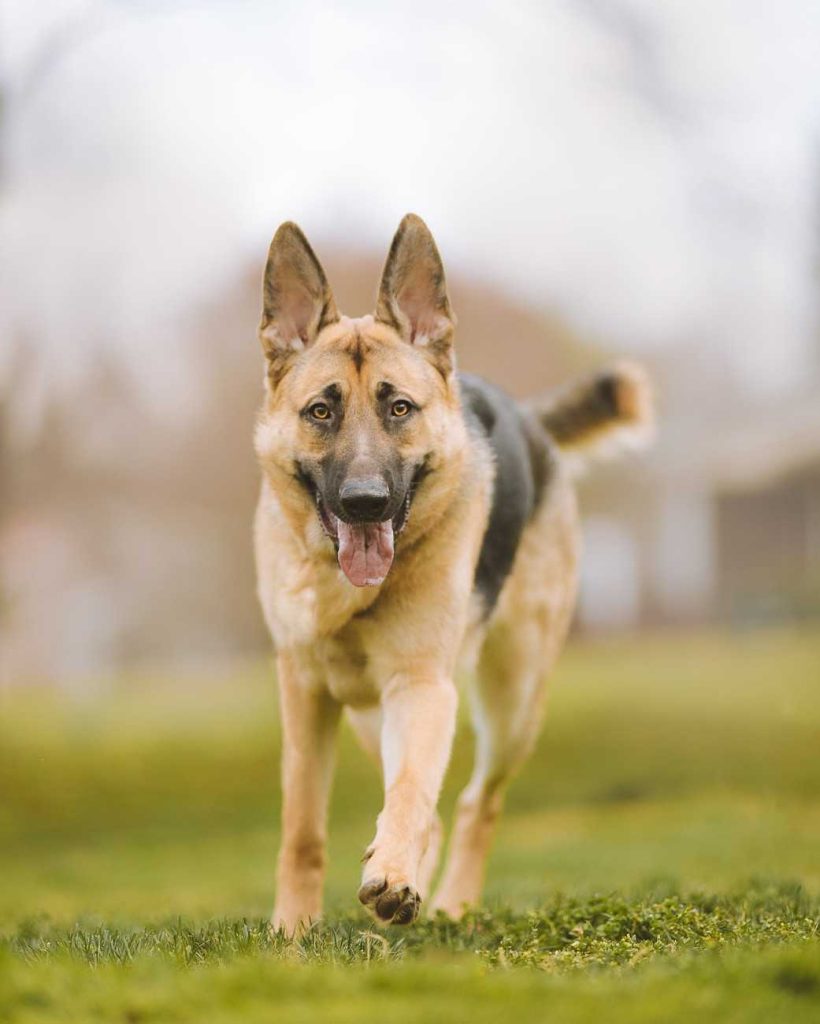
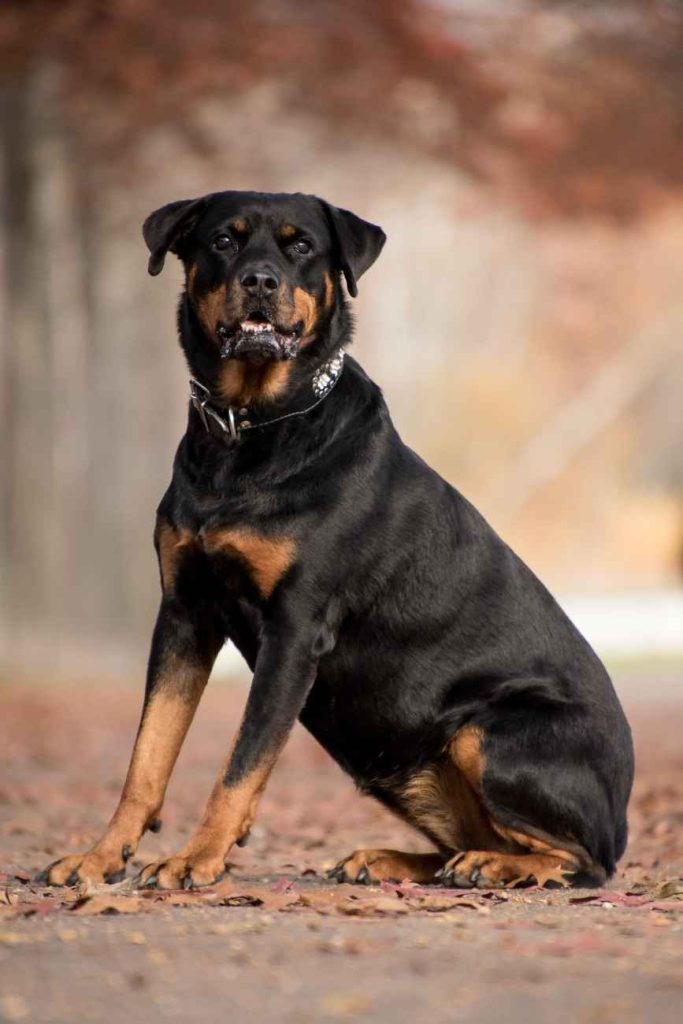
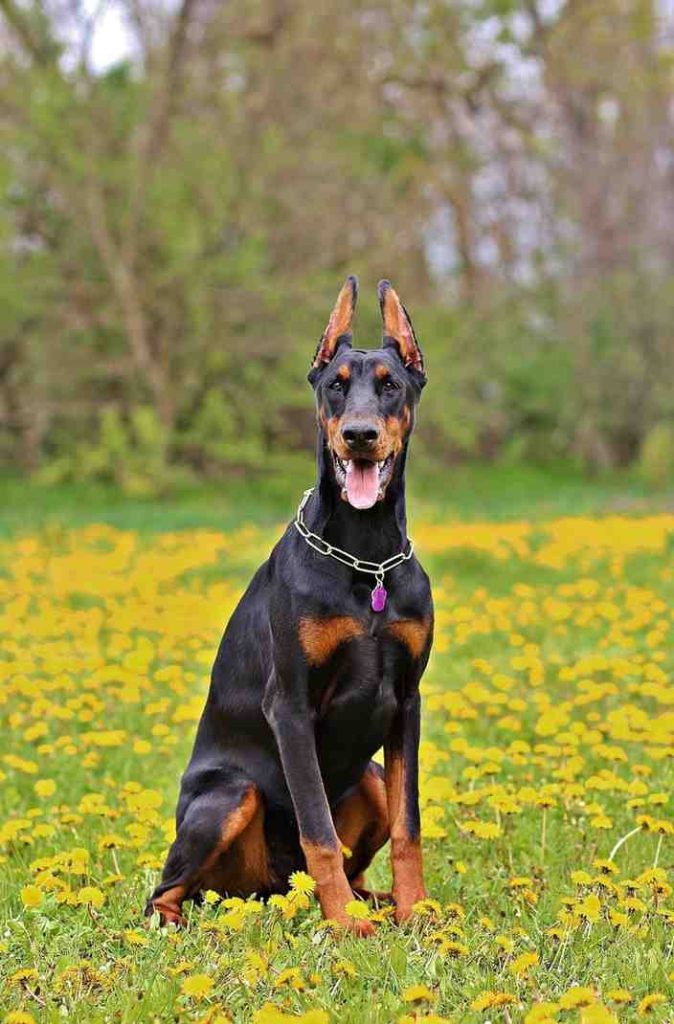
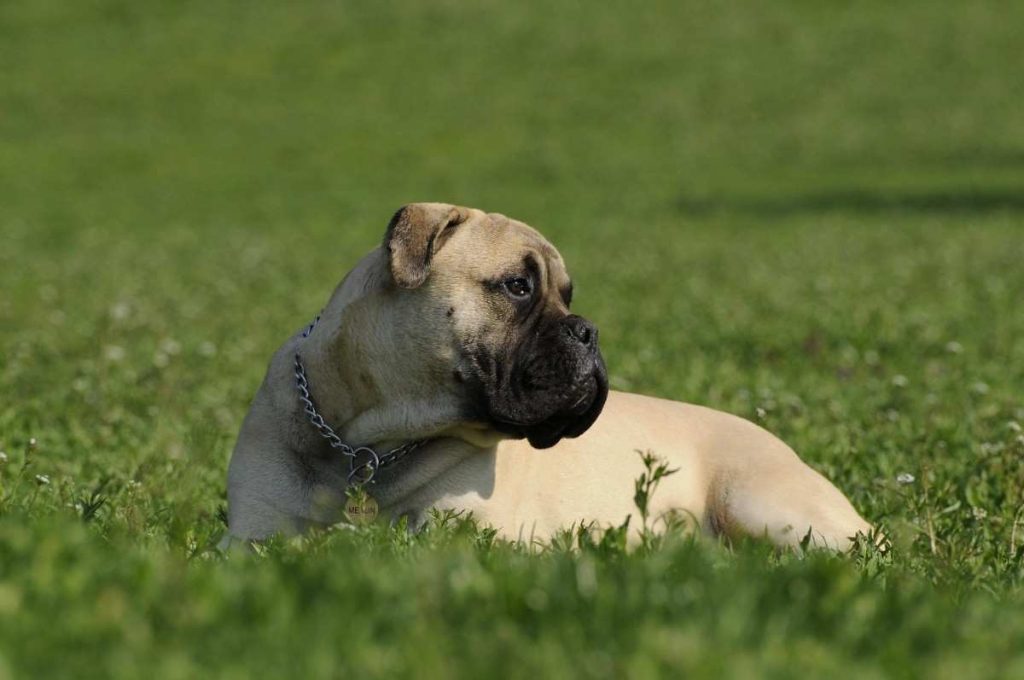
5. Belgian Malinois
Why They’re Great for Protection:
Belgian Malinois are often compared to German Shepherds due to their similar appearance and working abilities. However, Malinois are even more high-energy and driven, making them excellent guard dogs.
Key Traits:
- Extremely intelligent and trainable.
- High energy and stamina.
- Strong work ethic and protective instincts.
- Excellent at performing tasks and following commands.
Things to Consider:
Belgian Malinois are not for the faint of heart. They require a lot of physical and mental stimulation and are best suited for active individuals or families.
6. Boxer
Why They’re Great for Protection:
Boxers are playful, energetic, and incredibly loyal. While they may not look as intimidating as some other guard dog breeds, they are fearless when it comes to protecting their loved ones.
Key Traits:
- Strong and muscular build.
- Alert and quick to respond to threats.
- Great with children and families.
- Fun-loving and affectionate personality.
Things to Consider:
Boxers are high-energy dogs that need plenty of exercise. They also have a short coat, which makes them sensitive to extreme weather conditions.
7. Giant Schnauzer
Why They’re Great for Protection:
Giant Schnauzers are bold, confident, and highly intelligent. They are naturally protective of their families and make excellent guard dogs.
Key Traits:
- Strong and sturdy build.
- Alert and watchful at all times.
- Loyal and devoted to their families.
- Low-shedding coat, making them a good choice for allergy sufferers.
Things to Consider:
Giant Schnauzers require regular grooming to maintain their distinctive coat. They also need consistent training and socialization.
8. Cane Corso
Why They’re Great for Protection:
Cane Corsos are ancient Italian guard dogs known for their strength, intelligence, and protective instincts. They are naturally wary of strangers, making them excellent watchdogs.
Key Traits:
- Powerful and muscular build.
- Strong protective instincts.
- Loyal and affectionate with their families.
- Calm and composed demeanor.
Things to Consider:
Cane Corsos need a firm and confident owner who can provide consistent training. They also require plenty of exercise to stay healthy and happy.
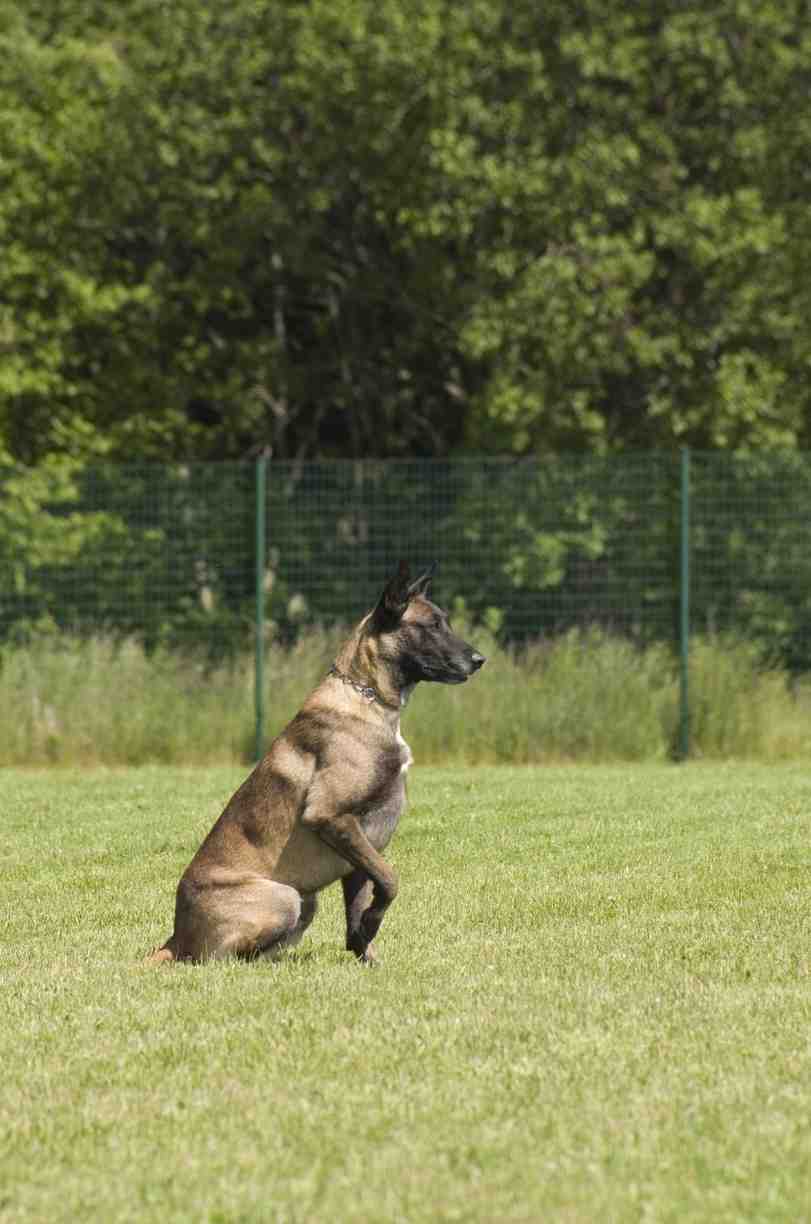
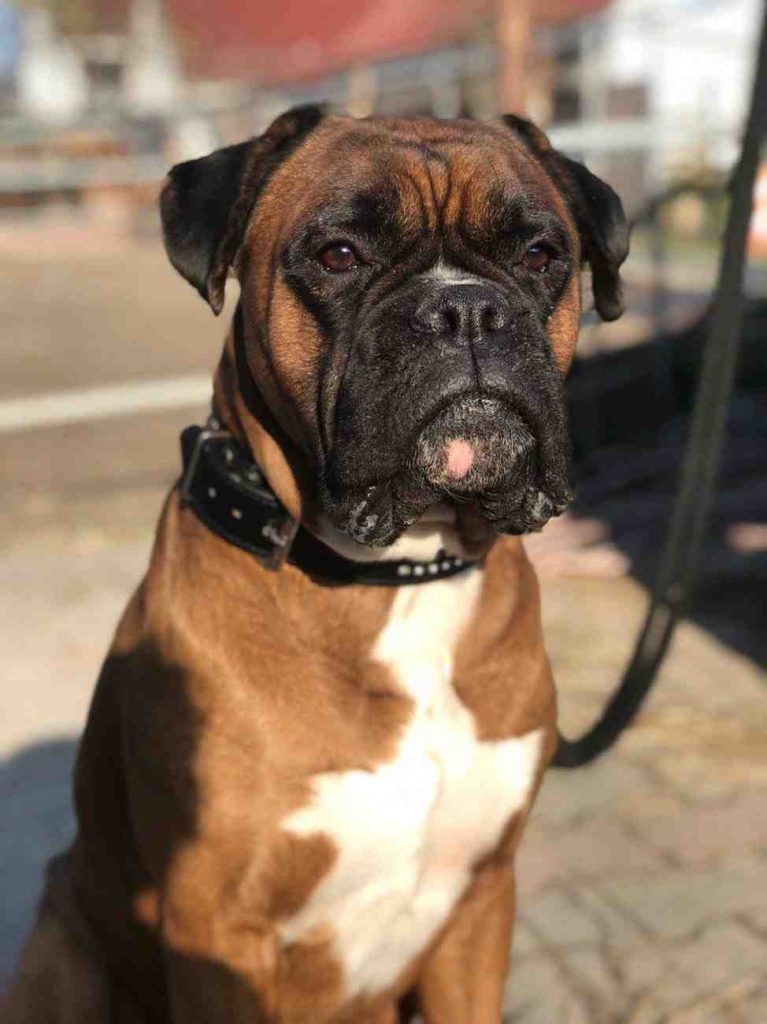
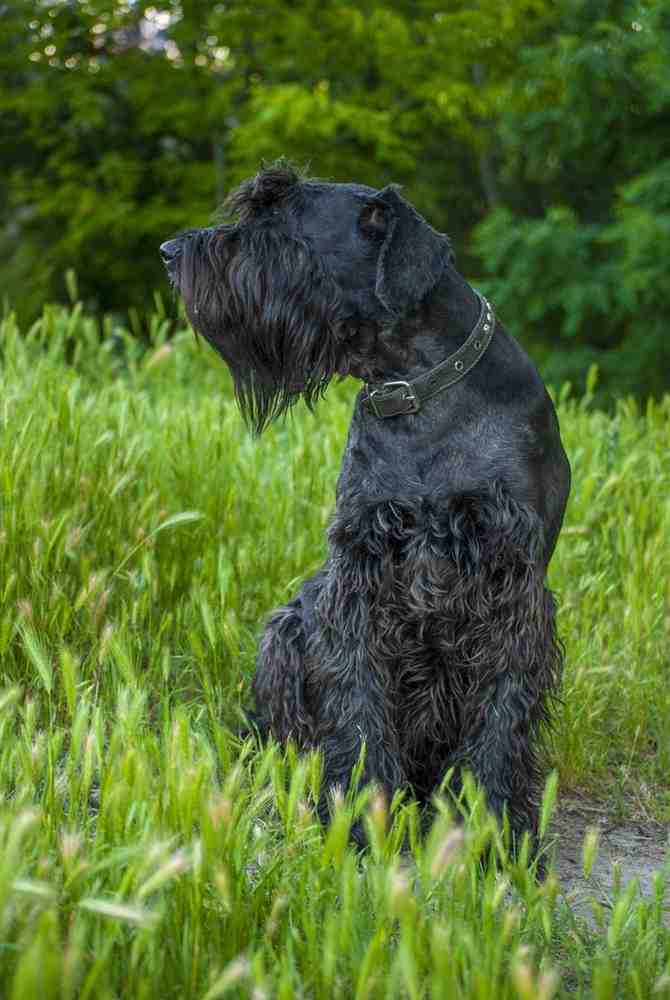
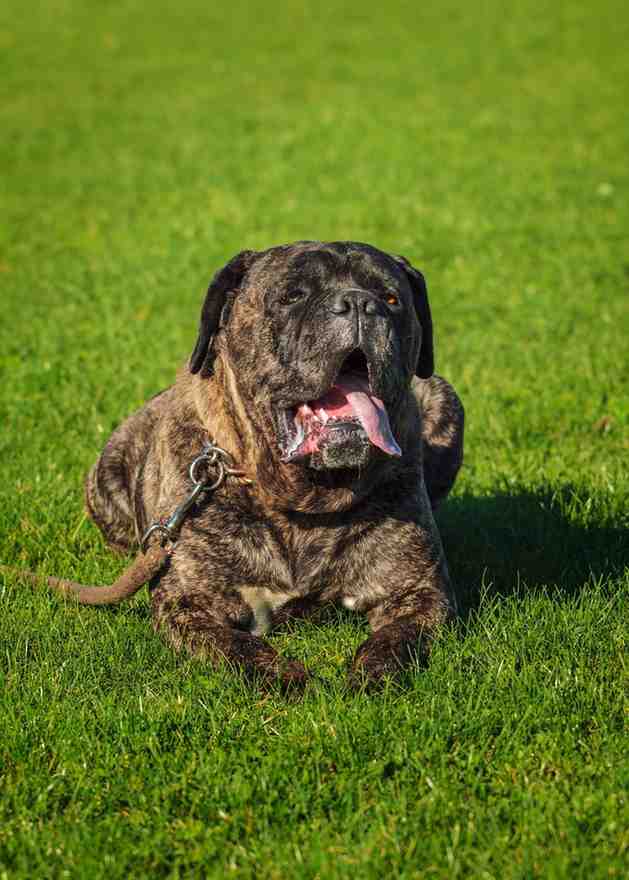
Choosing the Right Guard Dog for Your Home
When selecting a guard dog breed, it’s important to consider your lifestyle, living situation, and experience level. Here are a few tips to help you make the right choice:
- Assess Your Needs: Are you looking for a dog that will bark to alert you, or one that will physically intervene if necessary?
- Consider Your Space: Larger breeds like Bullmastiffs and Cane Corsos need plenty of room to move around, while smaller breeds may be better suited for apartments.
- Think About Training: Some breeds, like German Shepherds and Belgian Malinois, require extensive training and mental stimulation.
- Evaluate Your Family Dynamic: If you have children or other pets, choose a breed that is known for being good with families.
Final Thoughts
Guard dogs are more than just protectors, they are loyal companions who bring love, joy, and security to your home. Whether you choose a German Shepherd, Rottweiler, or Bullmastiff, you can rest assured that your furry friend will have your back no matter what. Remember, owning a guard dog is a big responsibility. These dogs require proper training, socialization, and care to thrive. But with the right approach, you’ll have a devoted protector and a loving family member for years to come.
Frequently Asked Questions (FAQs)
Q1. What are the best guard dog breeds for home protection?
Top choices include the German Shepherd, Rottweiler, Doberman Pinscher, Bullmastiff, and Belgian Malinois for their loyalty, intelligence, and protective instincts.
Q2. Which guard dog breeds are best for families with children?
German Shepherds, Boxers, and Bullmastiffs can be great family protectors when trained and socialized properly.
Q3. Are all guard dog breeds aggressive?
No. Many guard dog breeds are calm and gentle with their families but become protective when sensing danger.
Q4. What is the most loyal guard dog breed?
The Akita, Rottweiler, and German Shepherd are renowned for unwavering loyalty to their owners.
Q5. Can guard dog breeds live in apartments?
Some lower-energy breeds like the Bullmastiff may adapt to apartment living, but most need space to exercise and patrol.
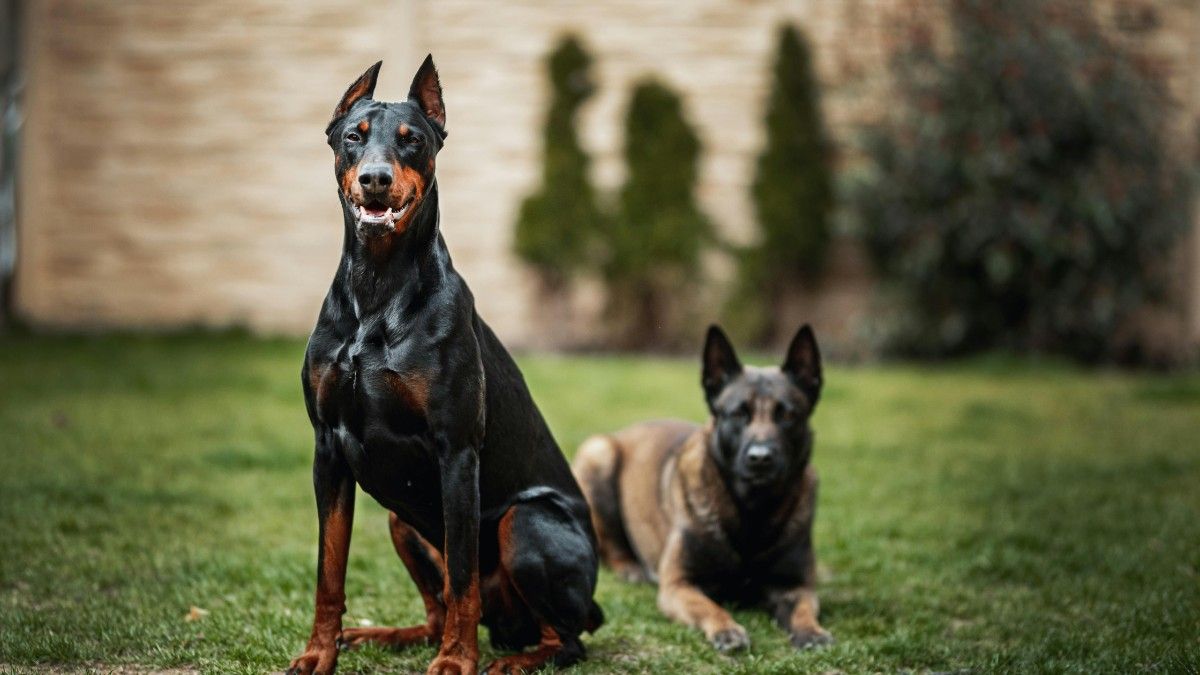
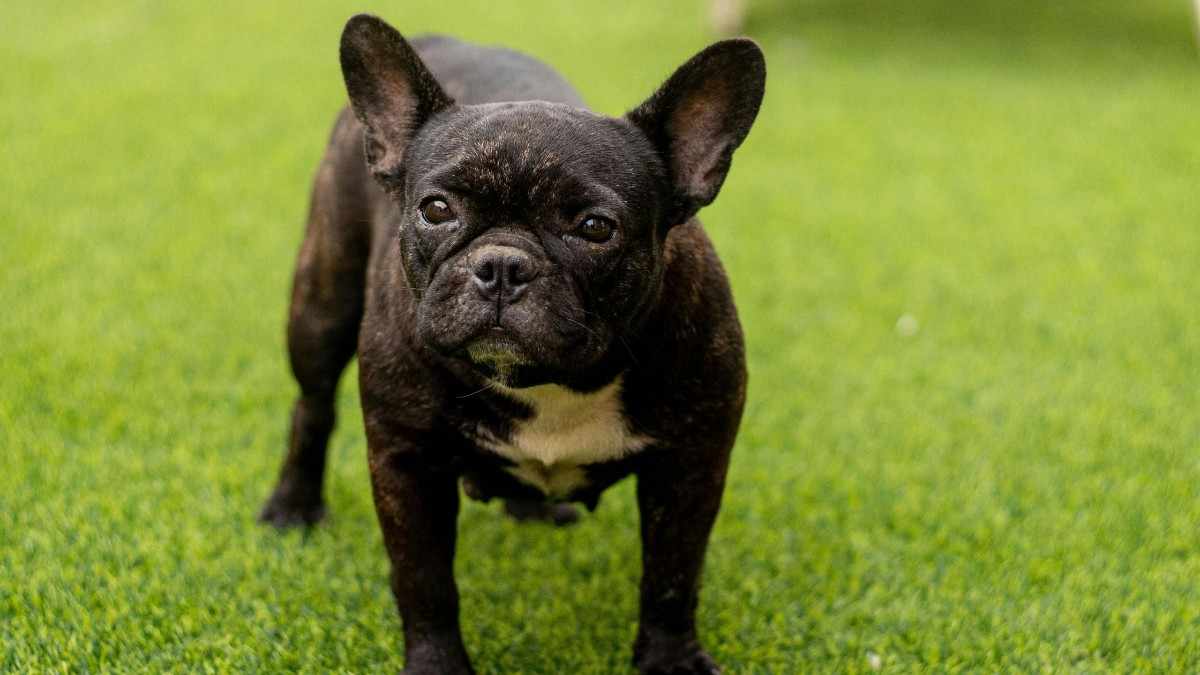
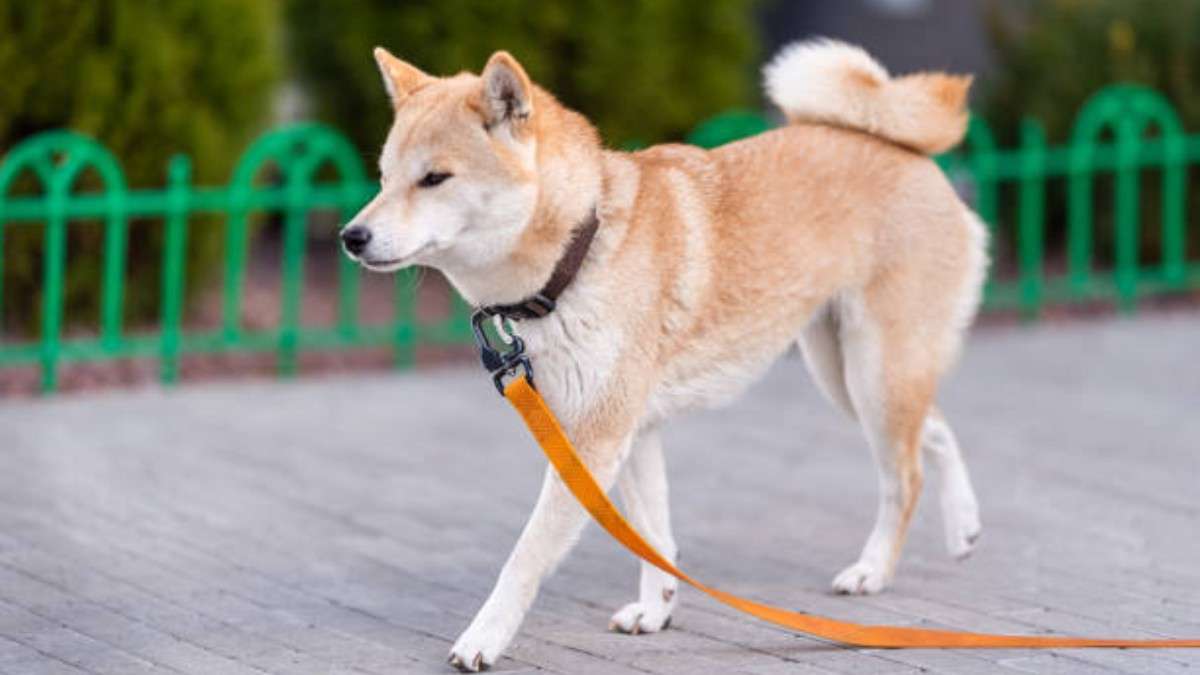
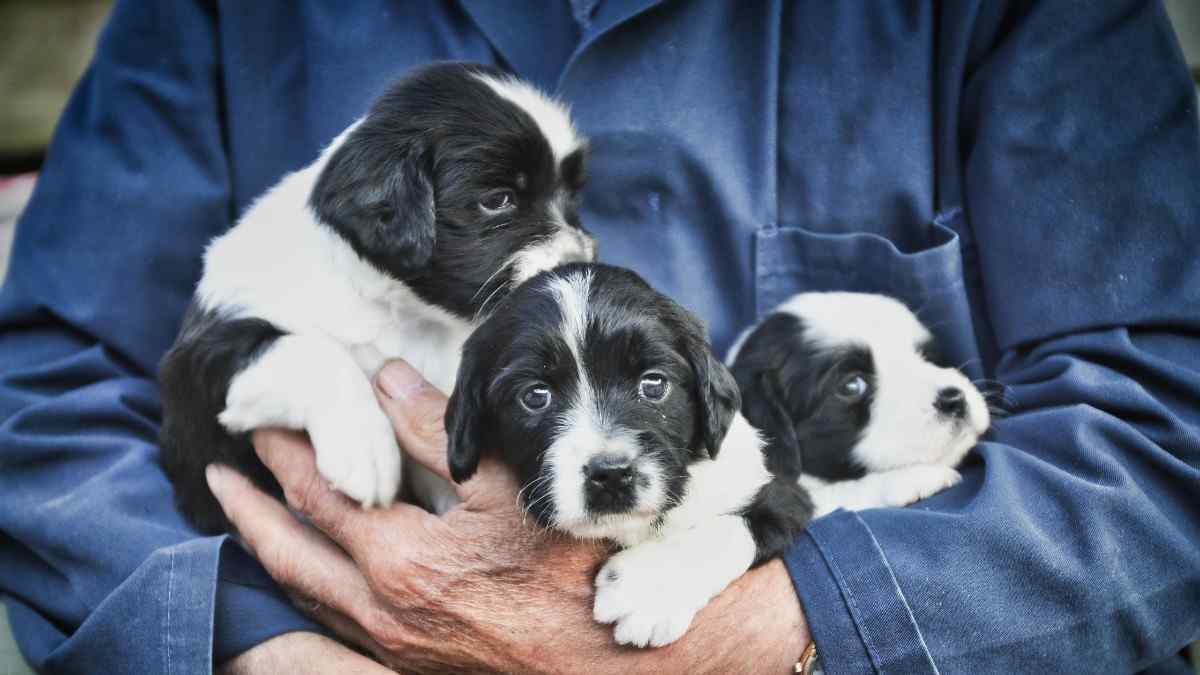
Post Comment